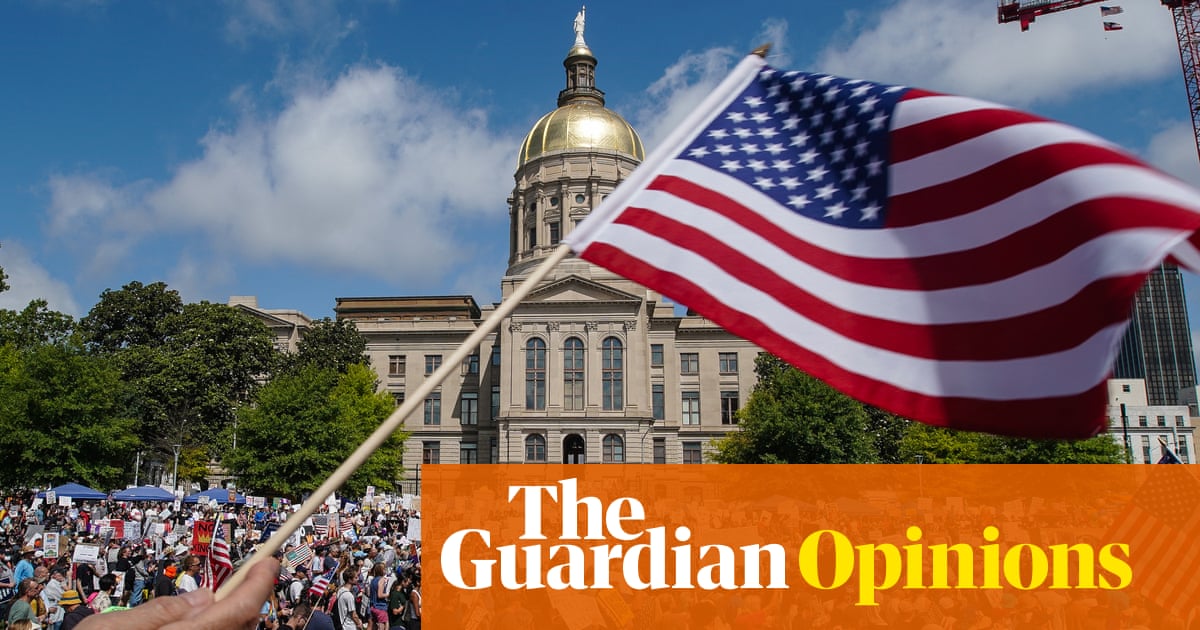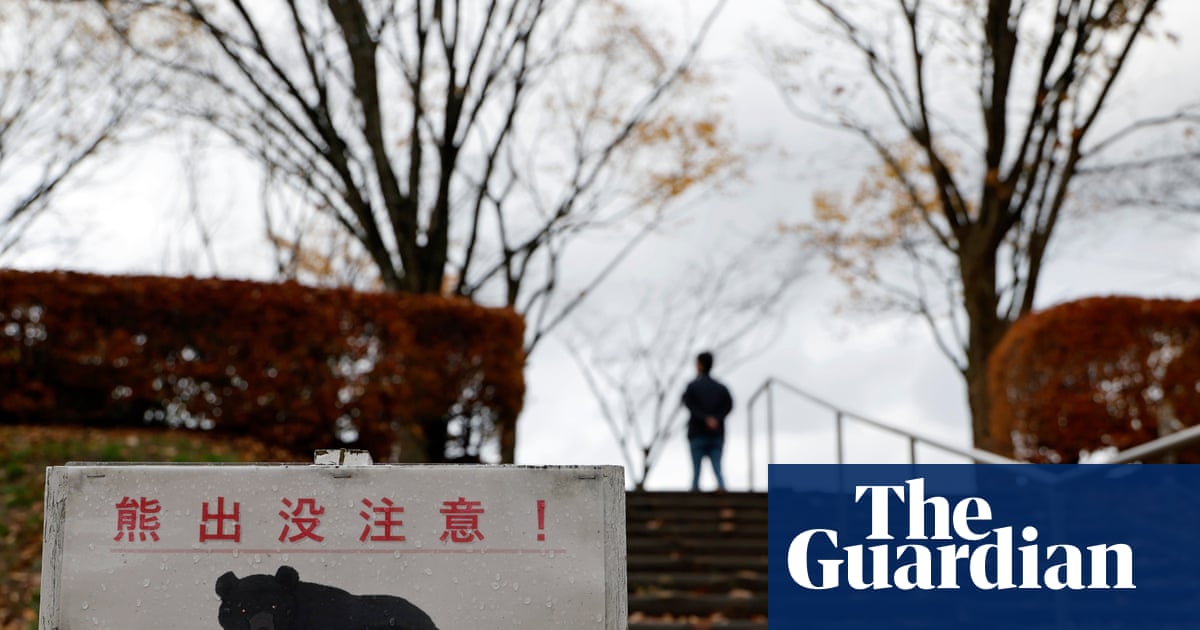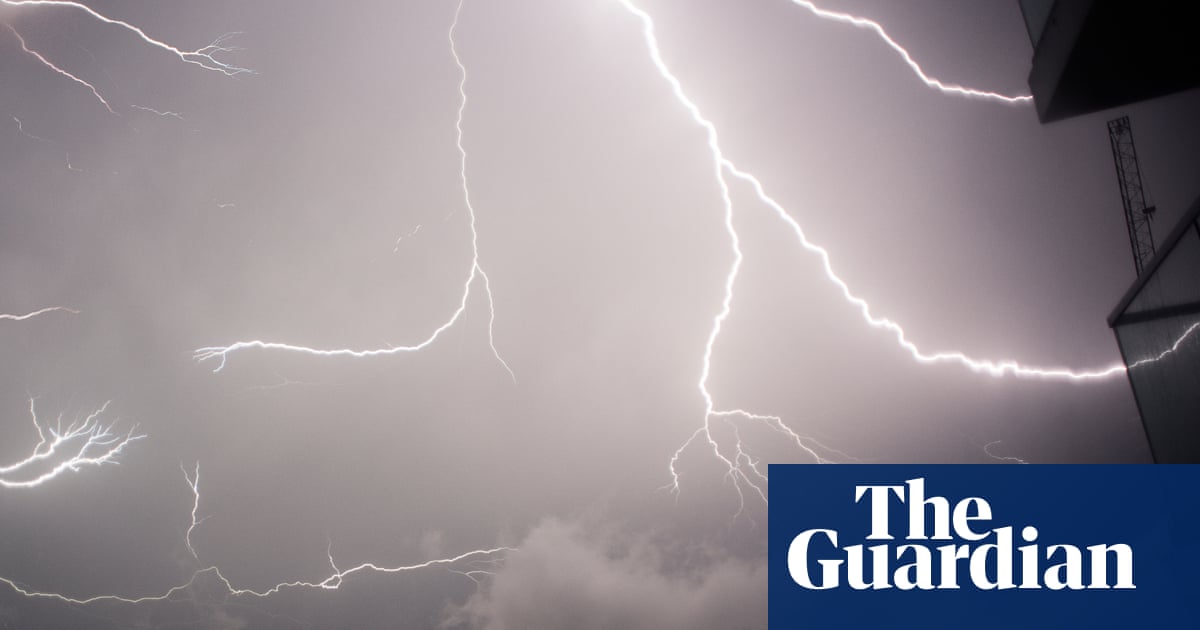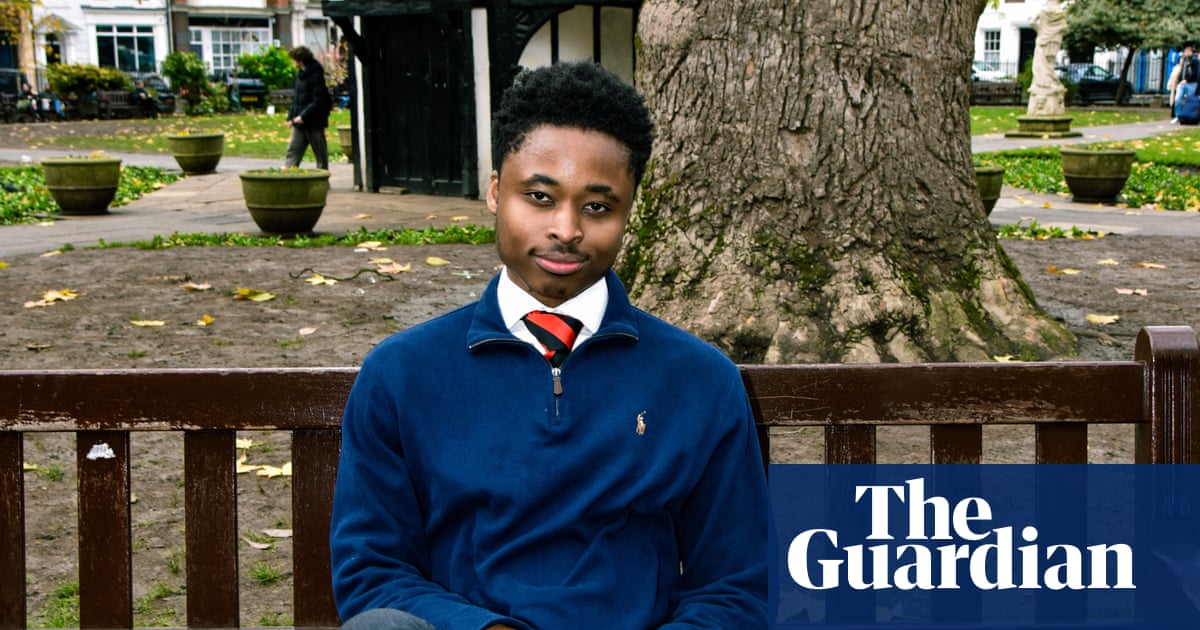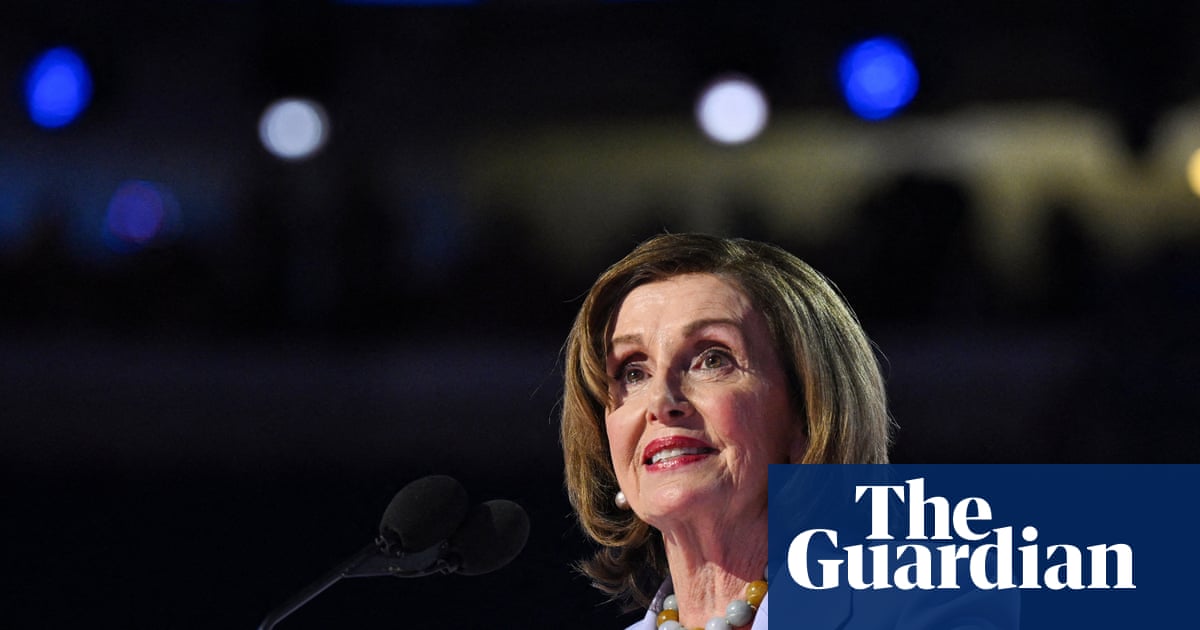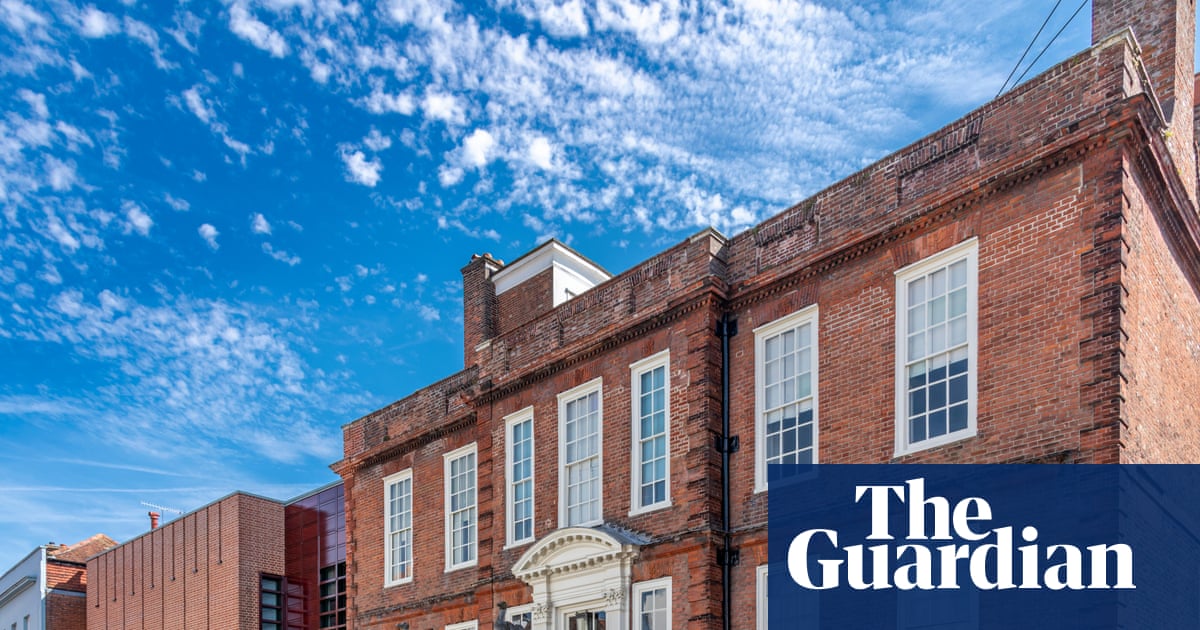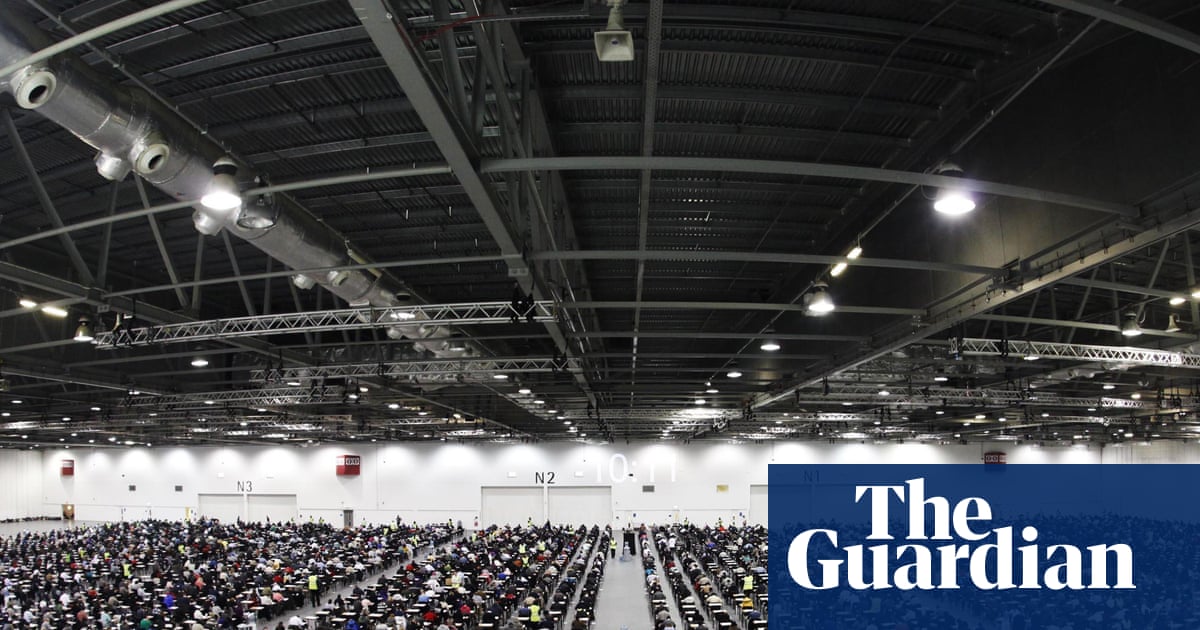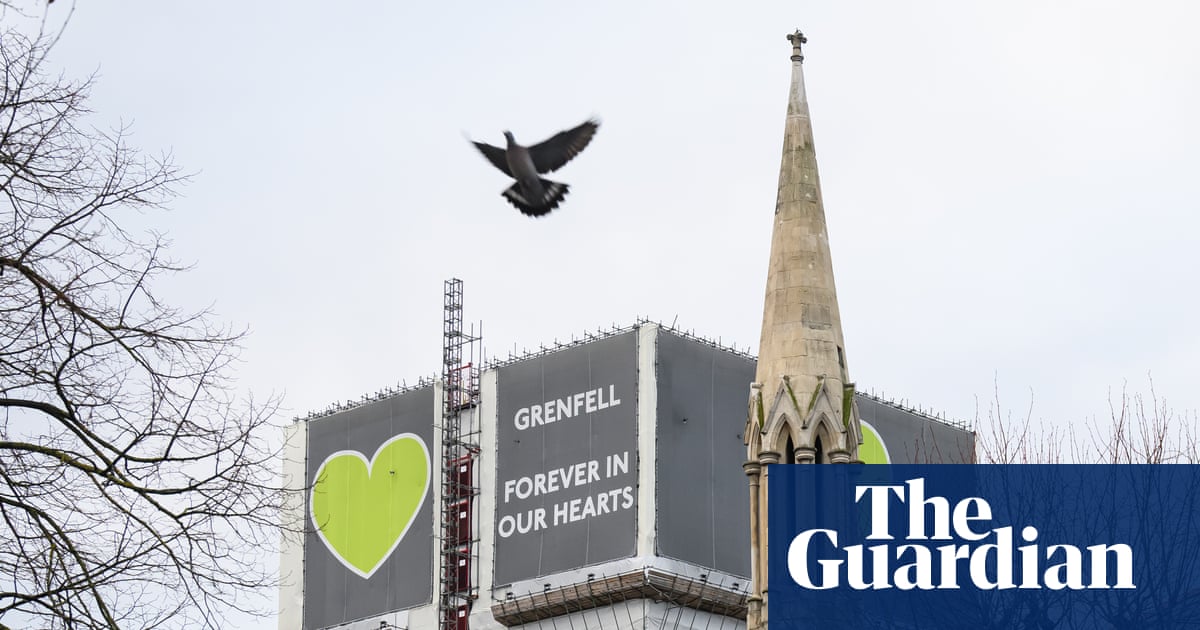Police should no longer record or investigate non-crime hate incidents, the chief inspector of constabulary has said.
Sir Andy Cooke said handling the incidents took up a minuscule amount of time but drew vehement criticism.
Non-crime hate incidents (NCHIs) are recorded by police to help assess community tensions and try to head off trouble. Some, most vocally on the political right, see this as a threat to free speech.
Cooke, who leads HM Inspectorate of Constabulary and Fire and Rescue Services, said: “I’m a firm believer that non-crime hate incidents are no longer required, and that intelligence can be gathered in a different way, which would cause less concern to the public and would make recording of such issues much easier for policing.”
A review is under way at the College of Policing, the body that the sets standards for law enforcement. The college was unable to give any further details.
The policing of online communities continues to cause problems. Last week, Graham Linehan was arrested for inciting violence under the Public Order Act over tweets concerning transgender issues, claims that he denies.
As the Father Ted writer arrived at Heathrow, he was detained by five armed officers. Cooke said: “Was it a great public optic? No, it wasn’t.”
He added: “Lessons I am sure will be learned … but it does make police’s job harder when these things occur, because this becomes the focus of attention.”
He stressed he was not criticising the Metropolitan police or the officers involved. Last week the Met’s commissioner, Mark Rowley, said the incident showed police were “between a rock and hard place” and the laws needed changing.
Cooke said: “The job of the police is to deal with criminality across the board. That does mean dealing with some issues that occur online and some of the threats to life and other issues and the serious issues that are there.
“It can be a fine line, and that’s one of the reasons why we need to look again at the policy and the legislation that sits around this – because it places the police in an invidious position and, as we know, discretion and common sense don’t always win out in these issues. If high-profile mistakes are made, they become the focus and detract from good policing.”
Cooke talked to reporters as he launched the inspectorate’s annual state of policing report. He said police reform was needed, as was government money to fund it: “The reforms require substantial upfront investment, and sustained commitment to succeed. They must be sufficiently funded.”
after newsletter promotion
A problem police face is that the Treasury may not think forces are spending their money efficiently. The report found that was partly true: while policing was improving in parts, deep-seated problems remained.
The report from the the inspectorate, which rates forces, said: “Many improvements are needed. Of our graded judgments, 26% were ‘requires improvement’ and 6% ‘inadequate’.
“We found that many forces were struggling to perform adequately in our question areas on responding to the public, investigating crime and protecting vulnerable people.
“In part, this is due to the high demands placed on forces that frequently exceed the resources they have available. But we also found that not all police forces were as well led, efficient, effective and sustainable as they could and should be. While forces have limited resources, we believe many could do better with the resources they have.”

 3 months ago
52
3 months ago
52

